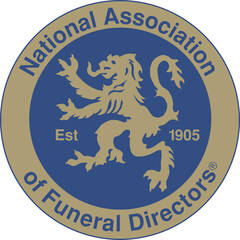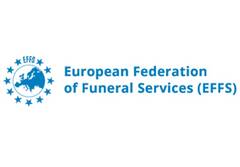What To Do With Financial Affairs When Someone Dies
Dealing with financial affairs when someone dies can be complex and challenging.
You may also be totally devastated and affected both emotionally and financially with the death of a loved one. It can also be made more difficult by complicated administrative tasks. You will be faced with lots of questions and concerns about how to address money worries and manage any debts and other financial obligations. Debts incurred by the deceased person will be handled in a variety of ways depending on the type of debt and whose name the debt is in. In general terms, any debts are owed from the estate of the deceased person and are not passed to the family. However, before inheritors can claim their inheritance, any debts and taxes will need to be paid.
Debts are considered a liability of the estate
The estate of a loved one usually covers any debts they may have. This is the total of everything they owned at the time of their death including homes, property, vehicles, bank accounts, investments, pensions, stocks and shares and timeshares. It’s important to check if your loved one had any insurance policies to cover debts. This could include a mortgage protection plan or payment protection cover for personal loans or credit cards.
- Debts in the deceased person’s sole name are not owed by anyone else when they die
- Debts in a joint name or with someone who has acted as a guarantor – the surviving person will be liable
Debts from the deceased person are a liability on the estate
The Probate Process
For most estates, a probate is required, which is managed by the executor. The probate process normally ensures any outstanding debts are repaid. Circumstances dictate the amount of time that it takes to get probate or letters of administration. In uncomplicated cases, it can take between three to five weeks, although when it is not so straightforward, it can take much longer.
Financial affairs when someone dies:
- Bank account overdrafts
- Personal loans
- Mortgages
- Credit cards
- Store cards
- Hire Purchase agreements
Who to contact about financial affairs when someone dies
MoneyHelper is a website provided by HM Government and the Money & Pensions Service and is there to help you when someone dies. Citizens Advice also provides information.
Bereavement Support Payment
If your partner has died, you may be eligible for a Bereavement Support Payment. This is not means tested, but there are eligibility requirements. Usually, this is paid as a one-off payment followed by 18 monthly payments. You can claim by post or telephone by calling 0800 1512012. Information required includes your National Insurance number, your bank or building society details, your partner’s National Insurance number and the date of death.
How can CPJ Field help you?
At this distressing time, if you find you are struggling with your loved ones debts, do seek help from family and friends. Our guide as to what to do with financial affairs when someone dies gives you lots of information, although it is not an exhaustive list. At the time of writing, the statistics and links were current and up-to-date, but it is worth bearing in mind that policies do change. At CPJ Field, we know that taking care of your loved one’s affairs including administrative jobs and dealing with financial affairs can be very stressful and overwhelming. We are here to help you create a personalised funeral for the 21st century. If you are arranging a service for a loved one, call to discuss your options with your local CPJ Field funeral home.





